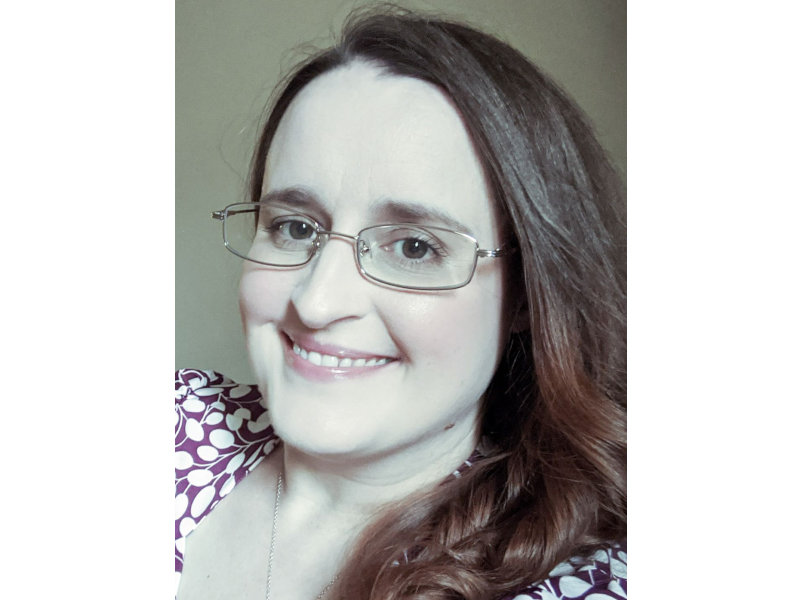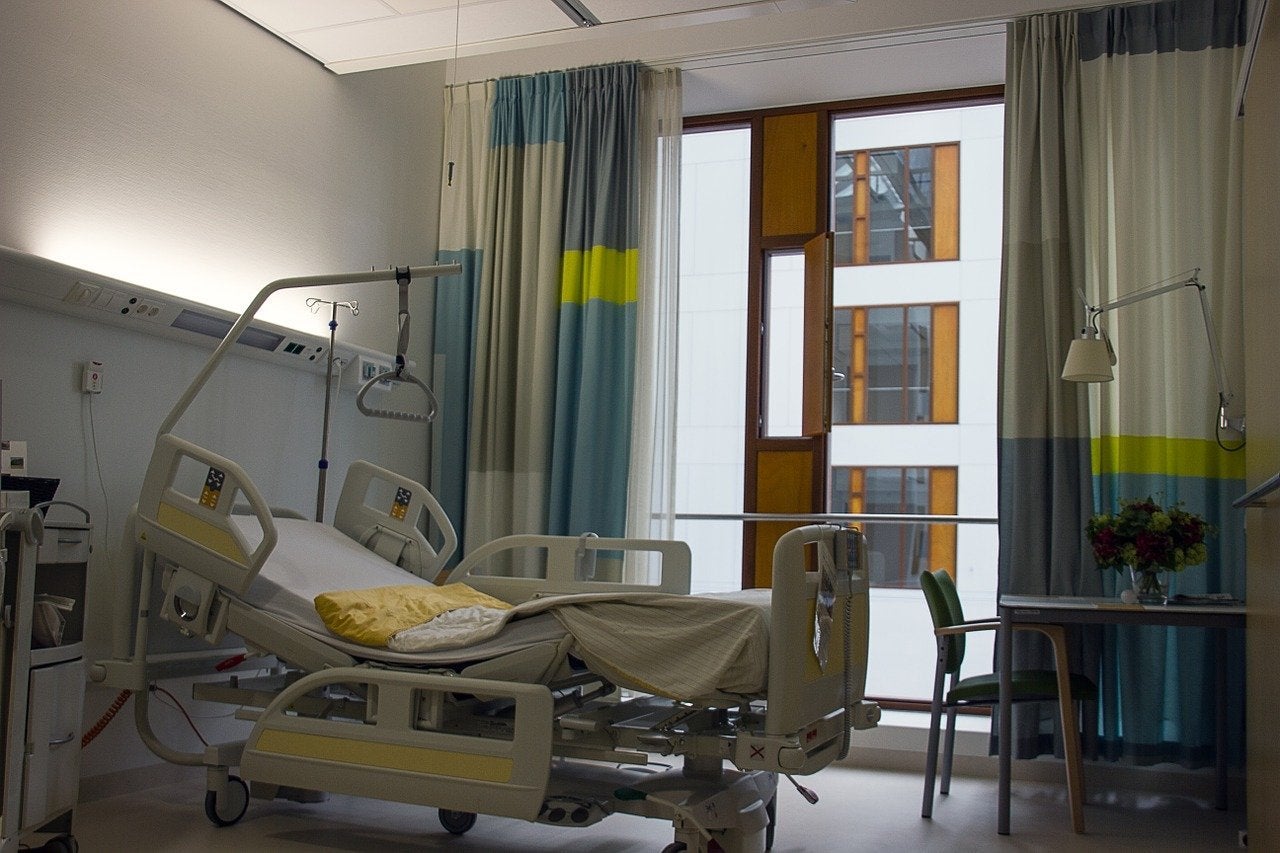None of the patients died on my last shift on the COVID unit. It wasn’t even a bad shift, comparatively, but I still cried – before the shift, after the shift, several times during the shift. I don’t know why it was so bad.

Like I said, nobody died. Nobody got sent to the ICU. I didn’t even have to call the doctor about anyone. I was able to sit down and chart at normal times. I didn’t have to stay late. I took a lunch; I got breaks; I had too many patients, but I had help. But it was the COVID unit. There were COVID patients again where there had been almost none for weeks prior. The numbers were increasing, and it was suddenly too much to handle.
MORE: COVID-19 Stories: The Emptiness that Remains…
I didn’t have to work the COVID-19 unit all the time. I was a float nurse, so I was sent to whatever unit needed me the most.
To keep nurse-patient ratios on the COVID unit manageable, other units suffered. Eventually, all the units had terrible ratios; I imagine it was because everyone was quitting. I wanted to quit, but I couldn’t bring myself to do that to my fellow nurses who were struggling just as much as I was. Until that last shift on the COVID unit broke me.
[adrotate banner=”54″]
I heard someone whisper “moral distress,” and I wondered if they had seen me crying. Compassion fatigue is certainly a known issue, as is burnout, but moral distress is something new. Moral distress is about not being able to do the things you know you should do – for yourself, for your colleagues, for your patients. It certainly sounded right.
Compassion fatigue doesn’t encompass the depth of emotions that seemingly come from nowhere. Burnout, along with resilience, is a dirty word that makes it seem like it’s your fault that you aren’t handling things as well as you’re expected to. But moral distress makes it clear that this isn’t your fault. Nobody could handle this madness long-term. Nobody should be asked to.
It’s difficult to say what finally made us feel like we couldn’t breathe, even on the easier shifts. Perhaps it’s the “Heroes Work Here” signs that are accompanied by zero action from the public or the organizations tasked with keeping us safe. Or maybe it’s the knowledge that we are expendable. Or watching people die. Or not having enough staff. Or having to reuse personal protective equipment. Or nurses turning on each other.
[adrotate banner=”19″]
Or all of it. It all leads to moral distress. We are fighting to do a thing that we cannot do, to fix a thing we cannot fix. We’re putting ourselves in harm’s way and for what? Every time there seems to be a light at the end of the tunnel, we’re plunged back into darkness. It’s never just one more wave to get through. There is no fulfillment in this. What was once a difficult but rewarding career is now a nightmare with no end in sight.
That was my last weekend working. I wasn’t resilient enough to go back, I suppose.
MORE: COVID-19 May Impact Recovered Patients for Years
I haven’t given up on nursing altogether. I’m working on a doctorate in nurse-midwifery; my passion for women’s health hasn’t waned in the least. But bedside nursing isn’t something I can do anymore. I’m not alone in that sentiment. A nurse friend told me she was sent to the COVID unit a few weeks after I left. It wasn’t a terribly difficult shift, and yet it was still one of the worst shifts of her career. That night the unit was full.
Rachel Bishop, a native Augustan, received her bachelor’s degree in communications and her master’s degree in nursing from Augusta University. She is pursuing her doctorate in nurse-midwifery from the University of Kansas Medical Center.
[adrotate banner=”56″]










